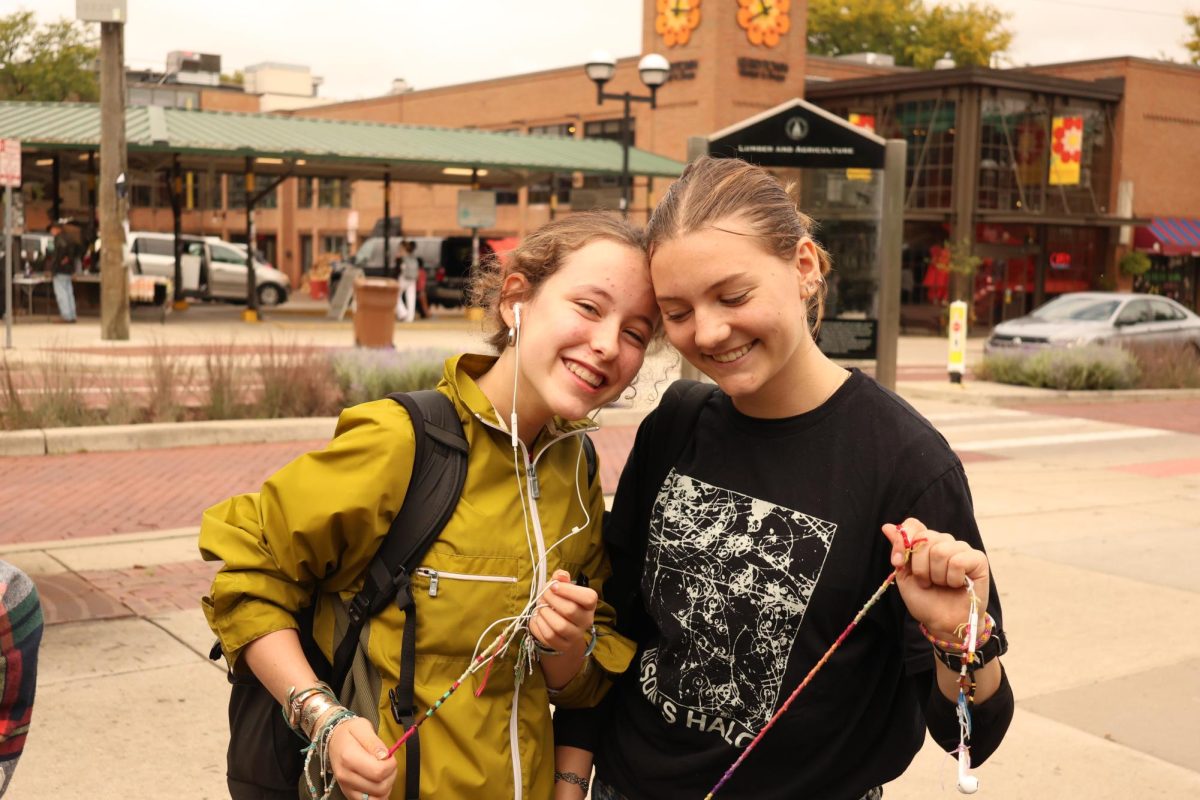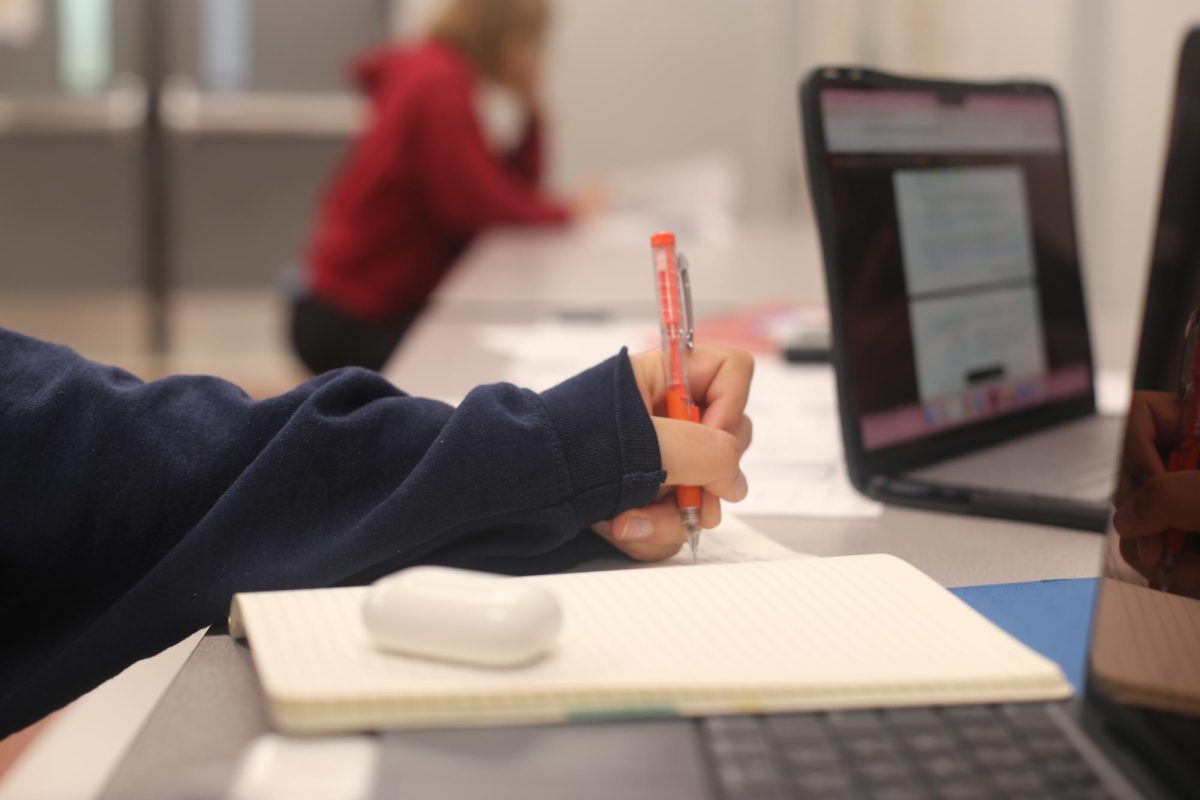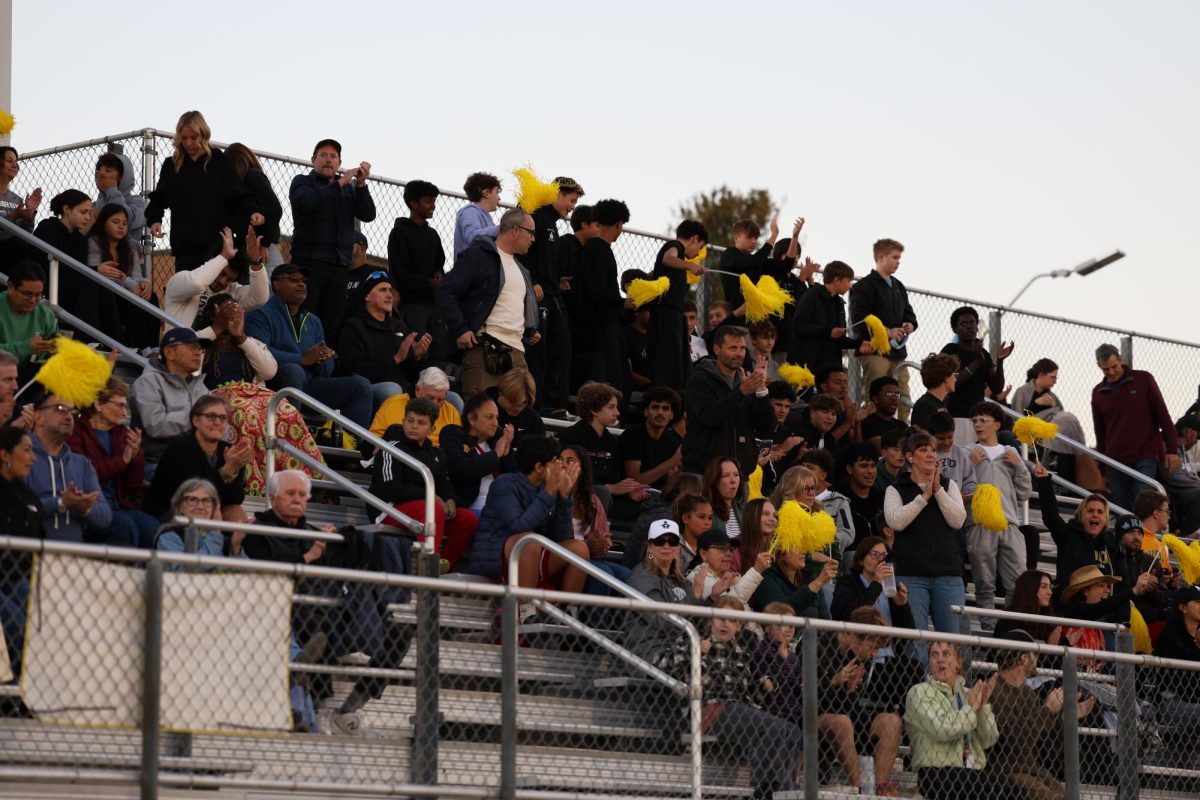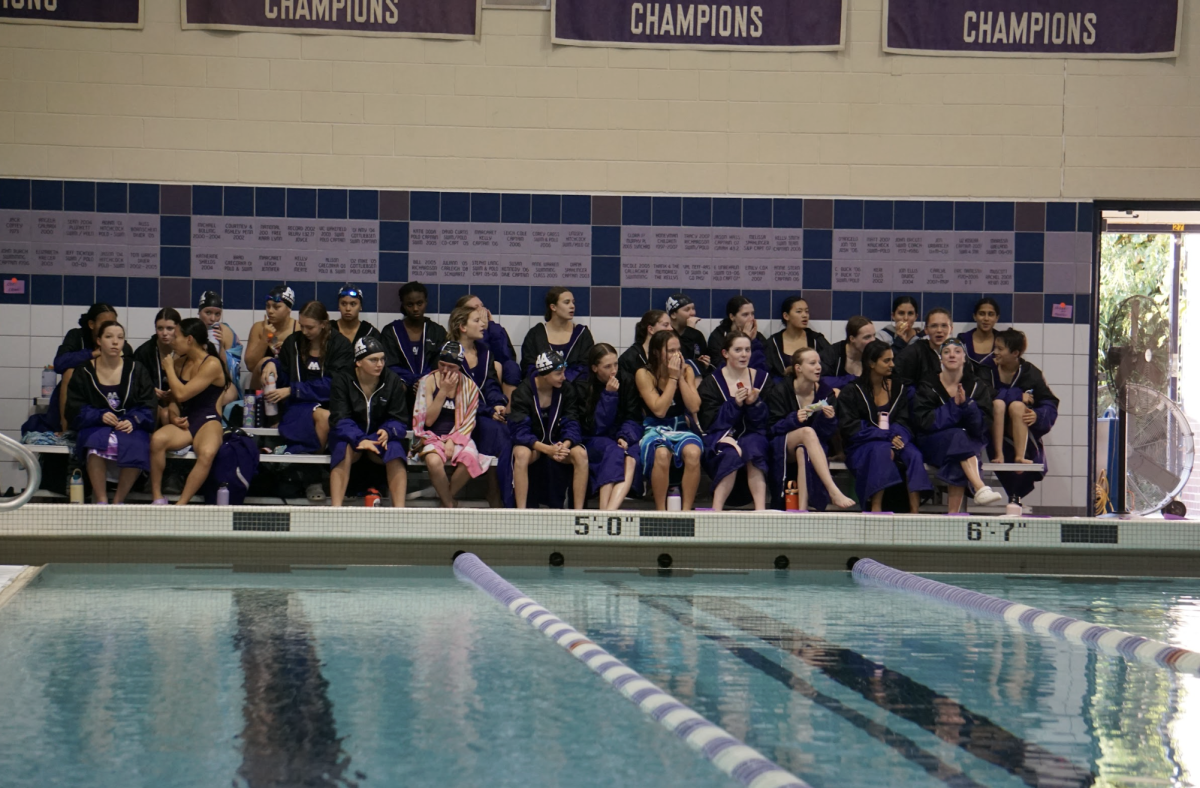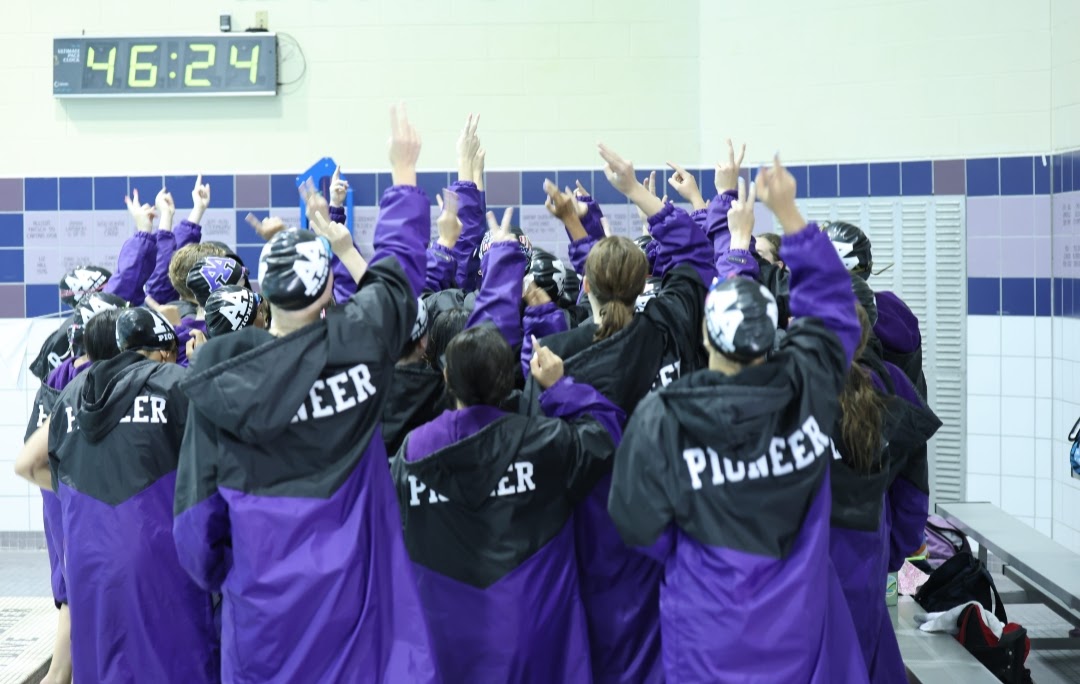“Before we went out I remember thinking the water is white capping, and I was told we’re not supposed to go out when the water is white capping,” said Sara Abrams, a CHS sophomore on the Pioneer crew team.

Abrams, along with her eight other teammates, were sent out during a regatta in conditions so horrible that their boat sank, leaving them stranded with nobody in sight to rescue them in a timely manner.
As soon as the team sat in the boat, water started splashing them. Before the race even started, the boat sank. Immediately, Abrams, the coxswain, unstrapped her headset, and the rowers unstrapped their shoes. The boat had filled up with too much water, and they were too far away from the shore to see anybody.
“At first I didn’t even believe what was happening, like can our boat really be sinking? This can’t be happening,” Abrams said. “We had never really prepared for it. I didn’t even think it was possible to sink, and there we were, sinking.”
The boat didn’t sink to the bottom; it was a couple of feet under the surface, so the team was able to stand on the boat until someone came to help them. Even so, the rowers were up to their waist in freezing cold water. Abrams was up to her chest. They waved their arms and Abrams blew her coxswain whistle to get the attention of the officials, but nobody was around to hear them. The way the regatta was set up, there were officials near the start and finish of the race, but there weren’t any officials in between or before the starting line.
“The most scary part was we were following through with the procedure for when something like that happens, but the officials that were supposed to be helping us on the water were not following through, and that’s when we got really scared,” Abrams said. “We didn’t know how long we could be out there, just on our own when we were in the water.”
On a basketball court or a football field, accidents and injuries do occur, but athletes are never left alone: they have their coach by their side. On the Detroit River that early Sunday morning, the Pioneer crew team was very much alone. They were left to deal with a life-threatening situation by themselves. It didn’t matter how hard they had worked that season or how many hours were put into practice; nothing could have prepared them for this.
“When you think you’re about to die, you think about where you are and what you’re doing so I remember thinking [that] I’m with these eight people and we could drown here in the river, what should we do until then?” said Abrams.
Abrams said that it was hard to think rationally in such a situation. “We just weren’t thinking straight,” she said. At one point, when the team was waiting, one of the seniors on the team suggested to swim to shore. “If we had left the boat, we would have gotten pulled away in the current and probably would have drowned,” said Abrams.
Nobody can know for sure how long they were stranded, but it is estimated to be about half an hour. Eventually, the team saw somebody coming there way, but to their surprise it was another school’s boat, not an official. That boat pulled Abrams and one other teammate onto their boat and offered them dry shirts and mittens.
“Off in the distance we saw that officials were coming so we knew that the other rowers were going to be rescued when we left them,” Abrams said.
By that point, the water was even worse, and the other team’s boat that Abrams was on started to sink as well, but didn’t sink completely. Finally, a launch official came over and took Abrams out of the other boat, but didn’t take her to shore right away. The officials stayed and monitored the other boats to make sure they got back to the docks safely.
The officials wanted Abrams and her teammates to take a hot shower, but the showers in the girl’s locker room were cold, so they took them to the boy’s locker room instead. “It wasn’t really hot and even if it was hot, it wouldn’t have really helped us at that point.”
It wasn’t until then that an ambulance was called.
“It was kind of embarrassing. They put me on a stretcher and wheeled me to the ambulance and all of my teammates were watching,” said Abrams. “They took me straight to the E.R.” In the hospital, the doctors told her parents that she and two of her teammates had hypothermia. While they were at the hospital, the regatta was canceled and the other kids were sent home.
“My parents were freaking out. Especially my mom.” Abrams’ dad is on the board of the crew club so he has always supported her. Her mom, on the other hand, has mixed feelings about the sport and thinks that it takes up too much of her time. “They’re still really concerned because they’re, you know, my parents,” Abrams said.
The hospital kept Abrams until her temperature came up, which took about three hours. She and her teammates are all fine now.

Abrams and her teammates were able to look at this as a learning situation. They now know when conditions are too bad to go out, and plan on never going back to that regatta again.
If the team was close before, they’re like a family now. “We thought that we were all going to die together so I guess we bonded a lot because we were all in a life-threatening situation together,” said Abrams, who plans on continuing with crew even after such an experience.
“Everyone says that crew is a cult, which I can definitely see,” said Abrams. “This is going to sound like a very cult-ish thing to say, but I just love crew. I love everyone on it, they’re all just like my family. I mean, we would all do anything to help each other and I love them a lot.”
Photos courtesy of Terry Abrams.





